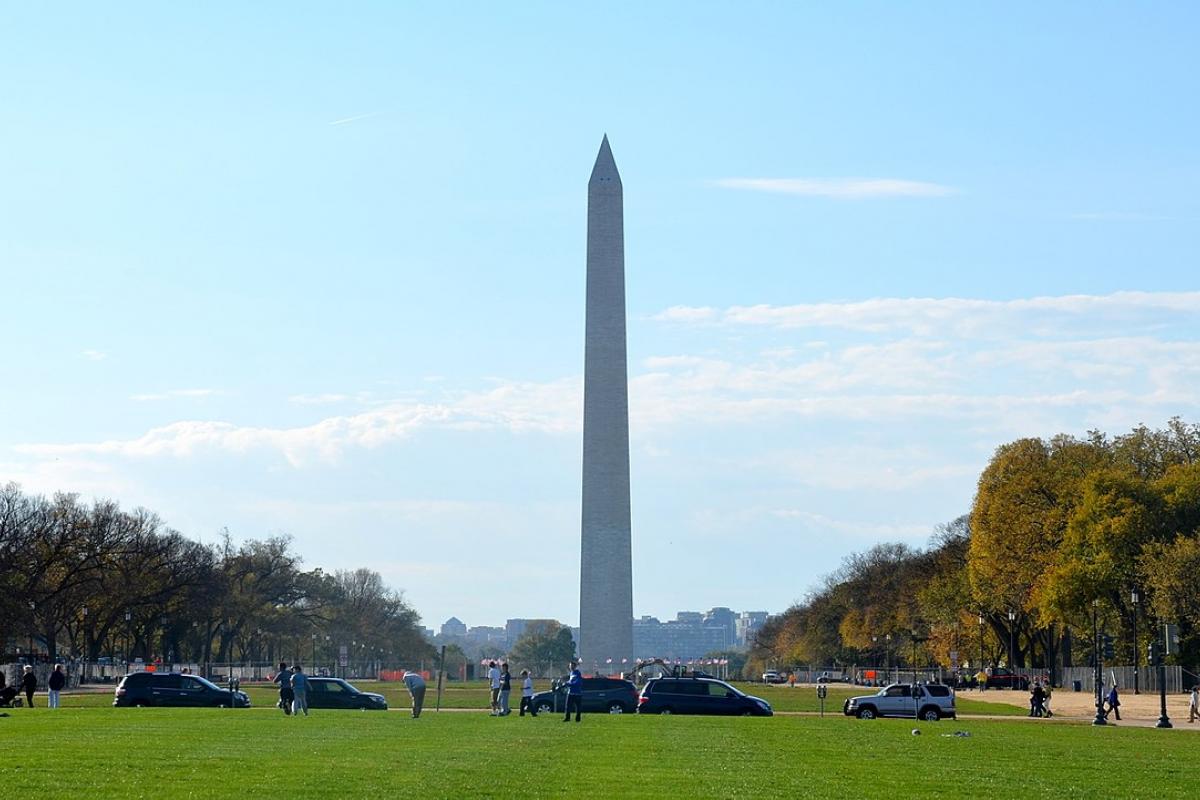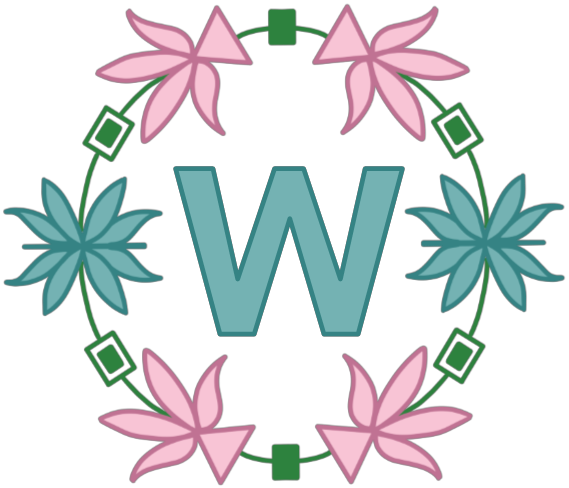- Washington, DC
- Washington, DC
Created here
-
Game of ball (1887)
A game only played by women and wíŋkte, wherein they would sit and slide marbles over ice to score, and their opponent would use a stick to hit the marbles away. They played until all of their prizes were gone.
-
Playing with small things, a game (1887)
"Little play" is a game of make-believe where girls create toys such as tipis, cribs, and more. It is a game of being grown up, having children, and being married. They learn from their mothers and Elders and develop life skills through their playing.
-
Throwing chewed leaves in the eyes, a game (1887)
Boys would chew up leaves, plants, and deer sinew until it was wet and sticky. Then they would chase each other, often playing on teams, and try to get the paste in their opponents' eyes.
-
The heyókȟa who dreamed of his death (1887)
The heyókȟa are respected and revered. This is a tale of a one who knew how he would die, and painted himself and his horse in the manner of the lightning strikes that would kill them. Bushotter once experienced someone being struck by lightning too.
-
Goose and her children, a game (1887)
In summer boys would play a game where one was a hunter and all others were geese. The geese could swim and dive and go ashore while the hunter tried to catch them. When boys were caught they were asked how many children they had and then were dunked.
Mentions in the recordings
-
Íŋyaŋ Bosdáta oyáte kiŋ makhóčhe odótapi kiŋ úŋ khošká záptaŋ Tȟuŋkášina-ta yápi kta kʼa úŋ sáŋpha wóakhiniče kʼa iápi óta kta načhéča.
Five young men from Standing Rock are going to Washington in regard to these land leasing affairs, and there will probably be much debating and dispute in regard to it.
in
-
Makȟá tháŋkaya omáwani na otȟúŋwahe óta waŋbláka, Washington ektá tónakel waí na otȟúŋwahe kiŋ hé éna wašíčuŋ kȟó óta waŋwíčhablake.
in
-
Wičhášta waŋží šíča wašíčuŋ héčha kʼaíš United States thaóyate iyówaža waŋ Ikčéwičhašta waŋží kʼaíš thawóyuha kiŋ uŋ táku ektášniyaŋ ečhúŋ kiŋháŋ Atéyapi én yuwíčakhapi kʼa iyóopta Ikčéwičhašta awáŋyaŋka Washington othúŋwe én yaŋké čiŋ hé kʼúpi kte.
If bad men among the whites, or among other people subject to the authority of the United States, shall commit any wrong upon the person or property of the Indians … [proof will be] made to the agent, and forwarded to the Commissioner of Indian Affairs at Washington city.
in
-
Na Ȟesápa wóokhiye kiŋ owóthaŋna šni uŋlápi na héuŋ Tȟuŋkášila Thí ektákiya wówapi yeúŋyaŋpi.
We consider the Black Hills Act to be unfair and so we are sending a letter to Washington.
in
-
Heháŋn itȟó, Tȟuŋkášila Thí kiŋ etáŋhaŋ wóopȟe uŋkíčaǧapi owásʼiŋ ečhél uŋkópȟapi sʼa, tkȟá Lakȟóta oyáte owásʼiŋ táku waŋ awáuŋčhiŋpi.
You see, we follow all the laws that they make for us from Washington, but we as Lakota people are focused on one thing.
in
-
March 4, 1929 aŋpétu kiŋ hé óštaŋ Hon. Herbert Hoover Tȟuŋkáŋšina íyotaŋke kta, čha uŋ Inaugural Committee Washington D.C. én yaŋkápi kiŋ Inauguration wóečhuŋ kte čiŋ hená iwáŋyaŋkapi kʼa yuštáŋpi.
On March 4, 1929, the Honorable Herbert Hoover will be sworn in as President, the ceremonies for which are being examined and planned by the Inaugural Committee, based in Washington DC.
in
-
Čhe don't worry about whatever it's gonna happen in Washington; we're Dakȟóta people here, Lakȟóta oyáte.
So don't worry about whatever's gonna happen in Washington; we're Dakȟóta people here, Lakȟóta people.
in

